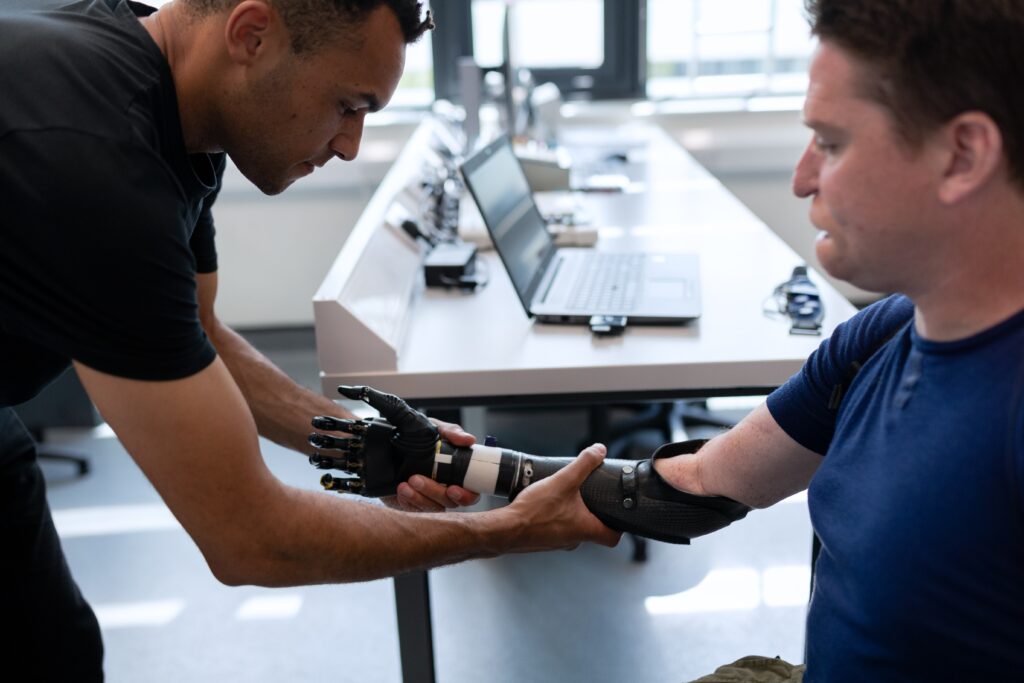Vulnerable individuals such as children, the disabled, and the elderly are prone to be maltreated or abused. In the United States of America, the Center for Disease Control states that about 1 in 7 children and 1 in 10 adults over sixty years have experienced abuse. This data indicates that child or elder abuse is widespread, so it is necessary to curb it. A healthcare worker is legally and professionally responsible for reporting any suspected or actual cases of abuse to the local or state authorities.
In this article, you will learn more about mandated reporting and the specific role of healthcare workers as mandatory reporters.
What is Mandatory Reporting?
Mandatory reporting is a legal procedure that involves reporting confirmed or suspected cases of abuse and neglect. Professionals such as healthcare workers who tend children or elderly ones are expected to report abuse cases.
Apart from children and older people, adult females are at risk of physical or sexual abuse in their relationships. Besides physical abuse, healthcare workers should report financial, sexual, or emotional abuse. A few cases of abuse may be subtle, so health workers, especially nurses, can identify these signs from patients they encounter because of their nursing training.
Why is Mandatory Reporting Important?
Mandatory reporting plays a critical role in preventing abuse’s physical or psychological effects. Vulnerable individuals are at risk of developing preventable physical and psychological complications. Here are some of the impact of abuse.
Physical Effects
Elder and child abuse is associated with an increased risk of physical injuries such as bruises, cuts, and disabilities in the long term. Most children and older adults do not have the mental and physical strength to execute activities without assistance. For instance, cognitive disorders such as Parkinson’s disease may hinder self-care and personal hygiene practices in the elderly. These individuals are prone to falls and other preventable medical conditions such as fractures.
Psychological Impacts
Older persons and children are prone to emotional and psychological disorders when abused or neglected. A child exposed to physical violence at an early age may acquire a behavioral disorder. Anxiety with poor socio-emotional skills is common in children abused at an early age. Older adults may tilt to depression when no one can assist them with personal care.
Reduced quality of life
Children abused for a protracted period may develop post-traumatic stress disorder or develop behaviors such as substance abuse. This increases their risk of acquiring violent actions that affect their capability to learn and improve their skills.
Morbidity and Mortality
Rampant abuse cause injuries, if left untreated, could eventually lead to complications or death. Neglected older people with movement disorders may suffer repeated falls, becoming a complicated head injury. Similarly, sexually abused children are more susceptible to sexually transmitted diseases at an early age. Without early treatment, this might cause infertility in the future for these children.
Who Are Considered Mandatory Reporters?
Mandatory reporters are people who work with or take care of vulnerable populations. These professionals are often health workers and social workers, but teachers, police officers, and the clergy are regarded as mandatory reporters in some states. Among health workers, nurses are more exposed to children or older people. Therefore, they play a critical role in mandatory reporting in the health care sector.
What Types of Abuse are Nurses Mandated to Report?
Children and older adults experience different forms of abuse or maltreatment, and nurses are obligated to report cases to the local authorities immediately when abuse is suspected. Common causes of child abuse are abandonment, neglect, sexual exploitation, and trafficking. Elder abuse includes neglect, physical, financial, and sexual abuse.
What Are the Responsibilities of Mandated Reporters?
Health workers, especially nurses, are expected by law to identify the subtle signs of abuse or neglect among the vulnerable people they encounter in the hospital. Continuous education and mandatory reporter training provide health workers with the current information on mandatory reporting laws and regulations.
Ethical reporting empowers nurses to report suspected abuse cases for investigation. Nurses are protected by law when the investigated cases negate their suspicion. When you face a suspected abuse case, here are some steps to take before you carry out mandatory reporting:
- Clinical history taking: Take a brief history to clarify your suspicion. Ask open and close-ended questions to get specific answers from the client. For example, if you notice multiple bruises and cuts on a child, ask the child open questions to determine the cause of those minor injuries. When taking history, use a secluded environment where the guardian or parent will not influence the child’s response.
- Physical examination: Conduct a complete physical examination to detect the onset or presence of any morbidity. A holistic, systemic examination may reveal other signs of abuse a child may not discuss. For example, bruises and marked inflammatory changes in the genital area may suggest sexual abuse. This necessitates further laboratory examination for confirmation.
- Investigation: This step aims to confirm your clinical findings and rule out possible complications. For example, request a brain C.T scan to exclude any evidence of head injury if you noticed multiple scalp injuries or tears on the head of an elderly client.
- Report: Discuss and report your clinical findings with the hospital and local authorities. Submit a written report with details of your clinical results to substantiate your claims and help the investigators.
Final Thoughts on Mandatory Reporting
Health workers are responsible for the well-being of vulnerable people like children and adults. The mandatory reporting of any form of abuse promotes the health status of vulnerable individuals. As a mandatory reporter, carry out a thorough clinical examination and investigation of suspected cases. You should report both confirmed and suspected cases to the right authorities for investigation.

